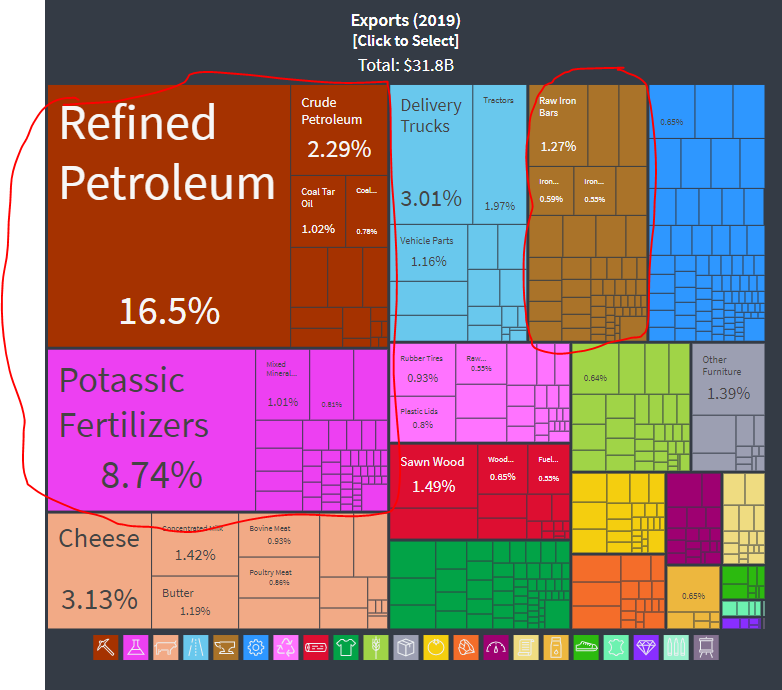
A few observations on today's reports that Belarus effectively hijacked a civilian plan flying over its territory to kidnap one of its passengers. (thread)
Under Council Common Position 2001/931/CFSP, hijacking of a plane ("seizure of aircraft") and "kidnapping" may qualify as "terrorist acts". /2 

The problem is that - under the Common Position - it seems that 'terrorists acts' are those, the purpose of which is to attack "a country" or "an international organization". /3 



An additional complication is that the subject of EU sanctions under Common Position can be only "persons", "groups" and "entities" involved in terrorist acts. This does not seem to include "foreign governments". /4 

So if the EU wanted to apply Common Position 2001/931/CFSP to the situation with Ryanair flight, a few hurdles would have to be overcome. /5
First, there is a question of whether forcing an airplane to land by invoking a fake bomb threat and using fighter jets accounts for "seizure of an aircraft". One could argue that once the airplane was forced to land in Minsk, it was "seized" at the airport. /6
Second, there is question of which "country" or "international organization" this terrorist act was committed against.
Three candidates:
- Belarus (country),
- source and destination countries of the flight (Lithuania or Greece),
- organization Pratasievič participated in. /7
Three candidates:
- Belarus (country),
- source and destination countries of the flight (Lithuania or Greece),
- organization Pratasievič participated in. /7
On its face, there is nothing in Common Position that would prevent interpretation that a government can commit a "terrorist act" against its own country. However, that is a difficult legal construct. It would be easier to go with Lithuania and/or Greece. /8
Third, the main problem is that Common Position 2001/931 doesnt allow sanctioning of entire governments (only individuals, groups, entities). This is the main difficulty with using it against the entire Belarus government, though perhaps some work-around can be found. /9
To conclude, 3 changes to ensure Common Position 2001/931 can be used effectively:
- "terrorist acts" can be committed by govts vs their own nation & opposition;
- "seizure of airplane" includes forcing it to land by any means;
- govts/state actors can be subject to sanctions/END
- "terrorist acts" can be committed by govts vs their own nation & opposition;
- "seizure of airplane" includes forcing it to land by any means;
- govts/state actors can be subject to sanctions/END
From latest reports it transpires that the Ryanair plane belonged to a Polish-registered company, so equally, the act can be said to be directed against Poland.
One should also add that we have two other sanctions-related acts that could apply.
One is the Magnitsky sanctions decisions (Council Decision 2020/1990) and other is the general Belarus decision (Council Decision 2012/642).
One is the Magnitsky sanctions decisions (Council Decision 2020/1990) and other is the general Belarus decision (Council Decision 2012/642).
As for the Magnitsky sanctions (Council Decision 2020/1990), it envisions imposing sanctions on "State actors". 👇 Don't want to get too legal, but sanctioning a "State actor" is probably not the same as sanctioning the entire government. But closer, at least. 

However, Magnitsky sanctions do not list "kidnapping" nor "hijacking"/"seizure" of an airplane as an act qualifying as "serious human rights violations and abuses" subject to sanctions. Magnitsky sanctions seek to attack long-standing and mass repressions, not individual acts.
As for general Belarus sanctions, they have a series of specific measures that don't need individual justification, but in relation to asset freeze, they are targeted against individual and entities and bodies. No clear authorization for use against the entire Belarus government 

All in all, what we need at EU level is the ability to blacklist the entire government and designate it a "state-sponsor of terrorism", analogous to what the US is doing.
• • •
Missing some Tweet in this thread? You can try to
force a refresh






